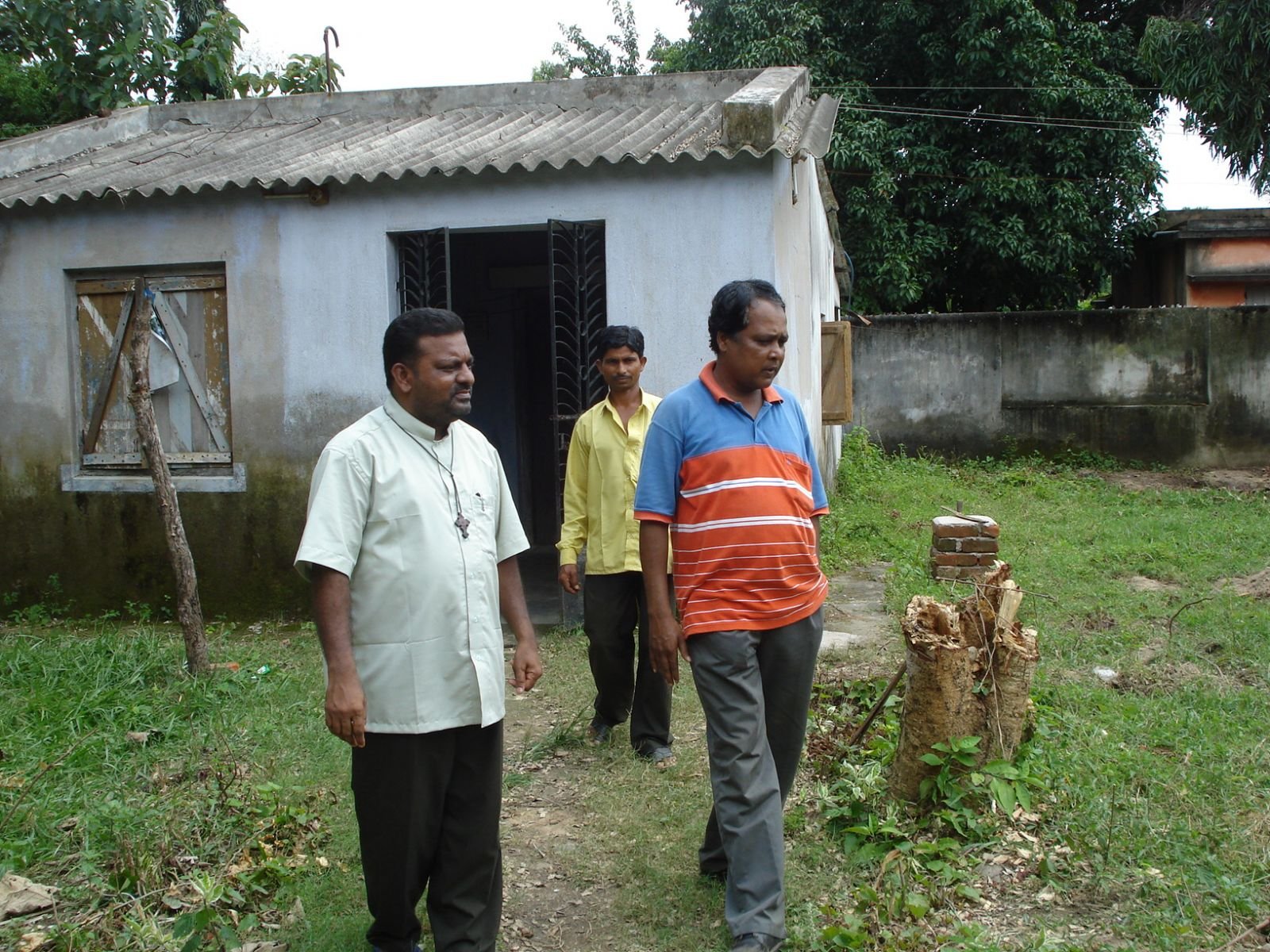A new church initiative in Maoist area of West Bengal, India
West Bengal, November 16, 2011: A joint initiative of Regional Bishops and Major Superiors is to be grounded in the poor areas of West Bengal which is traditional considered as Maoists stronghold.
 A study commission headed by the Claretian Father Michael presented a report to the assembly of Bishops and Major Superiors who deliberated it and came to the conclusion to take practical measures for the church presence in developmental activities.
A study commission headed by the Claretian Father Michael presented a report to the assembly of Bishops and Major Superiors who deliberated it and came to the conclusion to take practical measures for the church presence in developmental activities.
Led by the Claretian congregation a new joint project is being created by various congregations and the Diocese. The success of this can be multiplied in other parts of India to break the compulsions of congregational boundaries and ownership system.
86 participants of the Regional CBCI-CRI Assembly for 2011 met at Bandel Basilica. In his address, Coadjutor Archbishop Thomas D’Souza introduced the theme “Working towards justice, peace, reconciliation/ harmony in the context of the people in West Bengal and Sikkim”.
He invited the participants to recognize and respect the identity of various cultural and ethnic communities, reduce anger and prejudice, interpret events and processes by plain, intelligent and fact-based method, identify the persons behind the movement instead of accusing the activists, be close to the people, and to join hands with like-minded organizations for common good in the context of the world, India and West Bengal situation.
Archbishop Thomas Menamparambil of Guwahati, urged the participants to make practical proposals and initiate the process of implementing them.We expressed our respect for different cultural and ethnic groups as follows:
Learning and speaking in the local languages, appreciating the culture, symbols, rituals, faith, joining their festivals and celebrations including birth, death, etc and adapting their culture in our liturgical celebrations.Recognize the local leadership and their unique identity.Having cordial attitude and helping the children and the vulnerable.
Motivating them and slowly building up a small group of peace-minded influential people at all levels – network with NGOs.
Have an inclusive outlook, inter-religious dialogue, festivals together, identify trouble makers and try to get them around, be credible in our actions and attitudes.
Influence the system and the people involved in the area through Christian workers who can provide good lay leadership…
Jesuit priest, Joe Victor presented the proposal of the CRI Commission on Tea Garden Initiative. He presented the report under the three areas of Protection issues of the community, Human Rights issues, and Substance Abuse.
The religious leaders decided to accompany the tea workers’ community through activities.
The meeting of the Bishops and Religious also produced tangible results on internal problems and mutual concerns:
Welfare of religious working in Diocesan centres as well as lay staff, domestic workers and teachers by paying just wages/ salaries.
To have a regional coordinating body to look after migrant, domestic workers, child labour and human trafficking issues.
To initiate awareness programme to reduce prejudice and anger; promote peace, witnessing, justice in the community, in the schools and formation houses.
To prepare diocesan perspective planning on justice and peace, involving religious as being done for social concerns and issues.
The CSF (the catholic-christian secular forum)


 Votes : 0
Votes : 0









